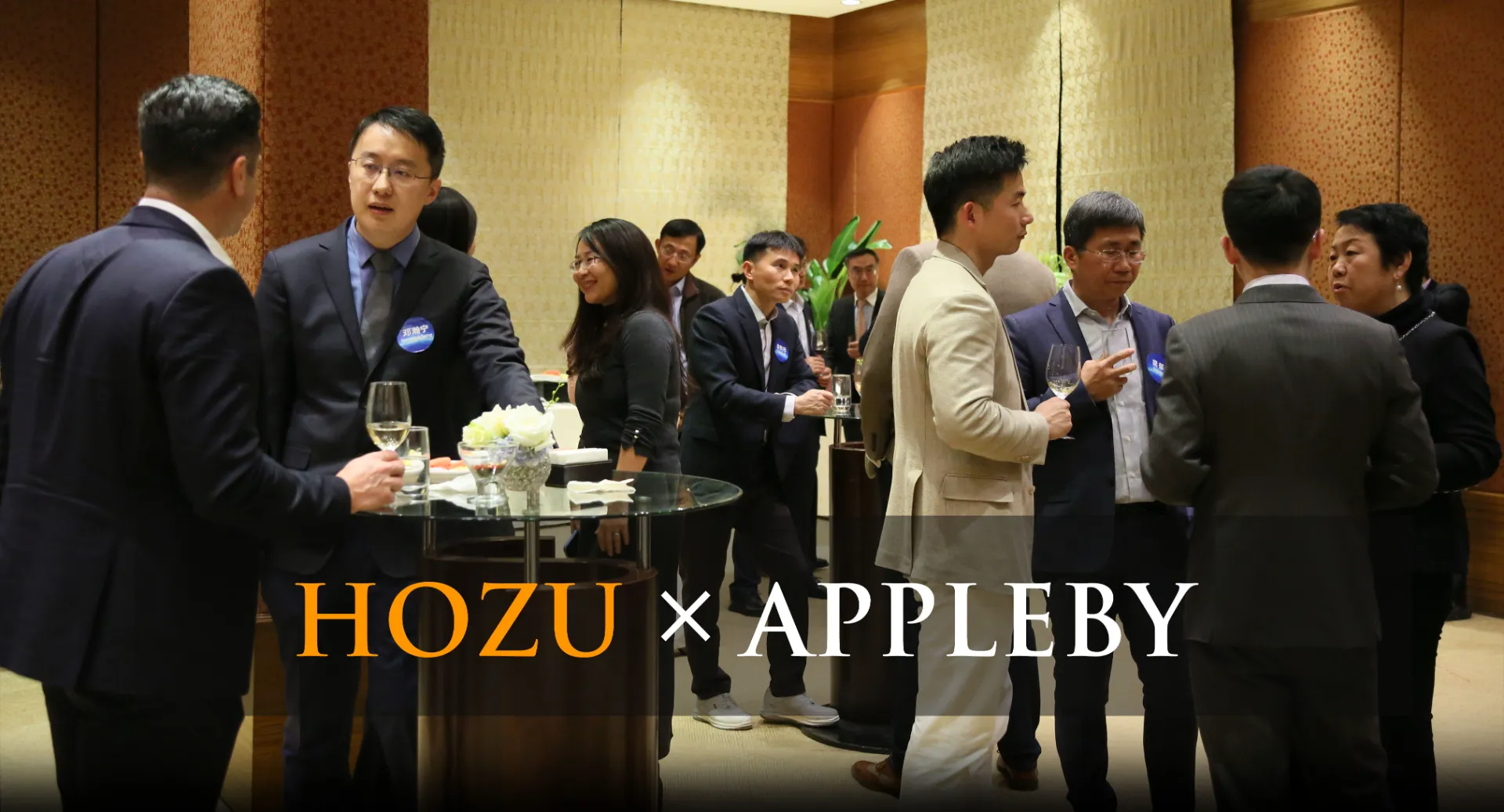News Details
HOZU Capital Invited to Discuss TPF's Role and Best Practices at CIETAC Symposium on Third-Party Funding in Chinese Arbitration
On July 23, 2025, Tiana Zhang, HOZU’s Head of International Business, was invited to speak at a symposium organized by the China International Economic and Trade Arbitration Commission (CIETAC) on the development and practice of third-party funding (TPF) in arbitration in China. The symposium brought together arbitral institutions, funders, practitioners, and arbitrators for a multidimensional discussion on the role of TPF in arbitration.
Tiana introduced TPF’s value and case assessment processes from a funder’s perspective. After outlining the fundamentals of TPF, she provided an overview of the current TPF landscape in China, emphasizing the value it offers claimants—such as freeing up resources for business development and providing access to global networks. Tiana then walked through a typical funding process for a funder, from initial discussions to final approval and execution of the funding agreement, before responding to common criticisms of TPF, including that it promotes frivolous claims, eliminates claimants’ control over the case, and leads to procedural delays.
Other speakers also shared their insights on TPF’s development and practice in China from the perspectives of the arbitration institutions and law firms. Yun Li, General Secretary of CIETAC’s Shanghai Sub-Commission, observed that in China, once marginal, TPF is now commonly used in complex arbitrations, yet there is a lack of clarity on the scope of TPF’s disclosure and how to address potential conflicts of interest in funded cases. Ying Liu, a senior case manager at CIETAC, outlines from an institutional perspective the core concepts, business models, and value of TPF to claimants and law firms. She compared disclosure requirements and management practices across major international arbitral institutions, drawing on an actual CIETAC case and its subsequent judicial recognition to highlight CIETAC’s precedent-setting efforts, which pave the way for TPF’s continued growth in China. From an attorney’s perspective, Dong Chungang, Partner at Jingtian & Gongcheng analyzed the legal challenges and risks surrounding TPF’s use in China, referencing Chinese judicial decisions to illustrate the issues litigants may encounter in practice, including disclosure obligations, confidentiality duties, conflicts of interest, and the enforceability of funding agreements. He also provided practical guidance, underscoring that in funded cases, lawyers should ensure compliance with disclosure rules, evaluate the validity of agreements with caution, manage funder relationships responsibly, and conduct rigorous conflict checks to avoid conflicts of interest.
The participants agreed that the combined effect of institutional rules, judicial oversight, and funders’ self-regulation can play a crucial role in addressing challenges such as ambiguous disclosure requirements, uncertainties over the validity of funding agreements, and cross-border inconsistencies in TPF regulation. CIETAC reaffirmed its commitment to enhancing TPF-related arbitration rules to better support enterprises in complex disputes.
Last — HOZU Capital Invited to Symposium on Global Practices and Rulemaking for Interim Measures in Arbitration at the China University of Political Science and Law (CUPL)
Next — HOZU Capital Joins Top Chinese Law School Symposium to Discuss Third-Party Funding's Legality and Costs with Asia's Leading Arbitration Institutions, Judiciary, Academia, and Industry Leaders





